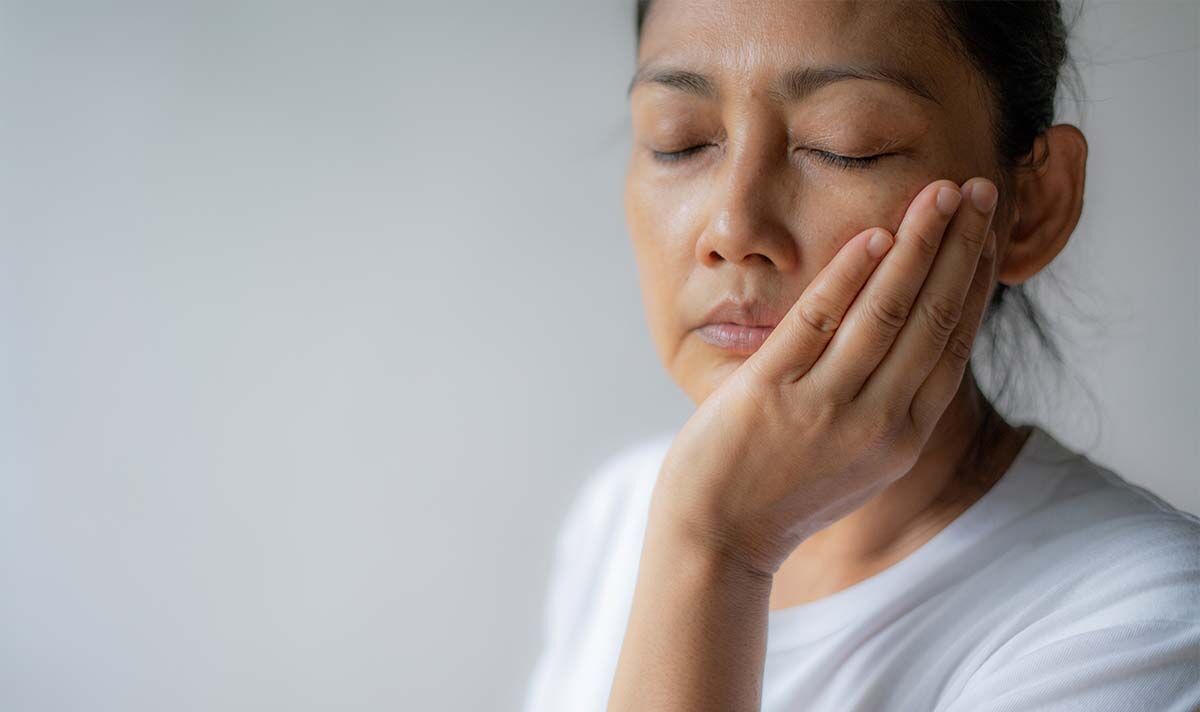Infection
The Covid symptom in your mouth that could indicate infection by new variants
A fever and persistent cough are well recognised symptoms when it comes to Covid.
Now, a GP has outlined a red flag that could appear in an infected person’s mouth.
What’s more, this warning sign could also alert someone to new Covid variants, including HV.1 and JN.1.
The Omicron spin-off, known as HV.1, has cemented itself as the dominant strain in the US, while JN.1, the descendant of Pirola, has recently been found in the UK, US, Iceland, Portugal and Spain.
Dr Johannes Uys, GP from Broadgate General Practice in London, said: “Any variant of the virus has the potential to induce Covid tongue as each individual responds to the virus differently.”
Covid tongue describes swelling or inflammation of the tongue. Some people may also notice that their tongue appears whiter and patchier than normal, while others report excessive redness and a burning sensation.
The doctor said: “Many lose their taste and experience some degree of numbness.
“This can sometimes lead to the formation of bumps and ulcers, which may need to be treated separately.”
The Zoe Covid Study App also highlighted this sign among their users, with many complaining that their tongue doesn’t look normal.
Dr Uys explained there are many reasons why Covid tongue may occur, including an immune response to the virus.
Another reason why some might be more susceptible to this sign is a large amount of ACE receptors in the mouth.
“Covid tongue could be a result of the virus attaching itself to the receptors and seeping into the cells,” the GP said.
The doctor advised seeing a doctor if you experience Covid tongue as some people may need prescription medication to reduce the swelling.
To ease the symptoms in the meantime, you can take over-the-counter medicine like ibuprofen, Dr Uys recommended.
The good news is that this symptom seems to be rare and many patients notice that inflammation goes away on its own after a few days.
Furthermore, Dr Uys explained that this sign could be more prominent with the Pirola variant.
He added: “Pirola [is] slightly more likely to cause inflammation in the mouth and skin.”

